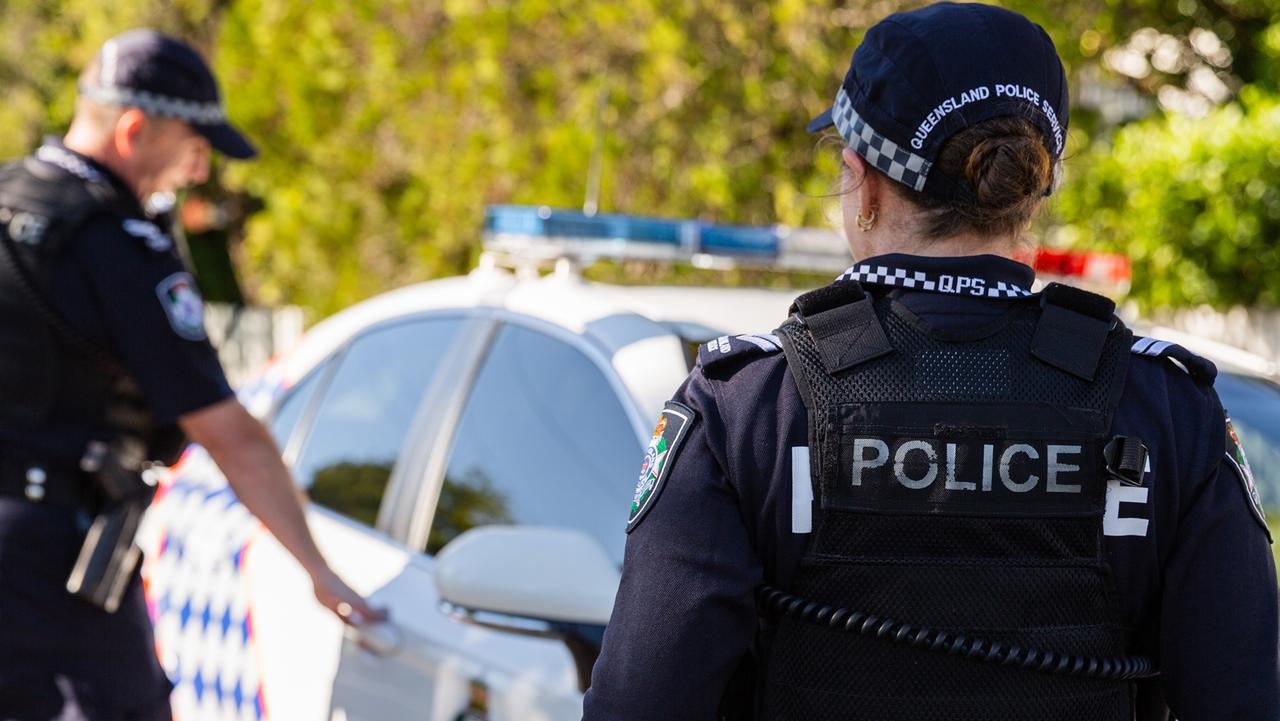State of Decay: Qld children face dental health issues amid calls for change
More and more Queensland children are facing major dental procedures as calls grow louder for change. SEE MAP | VOTE IN POLL
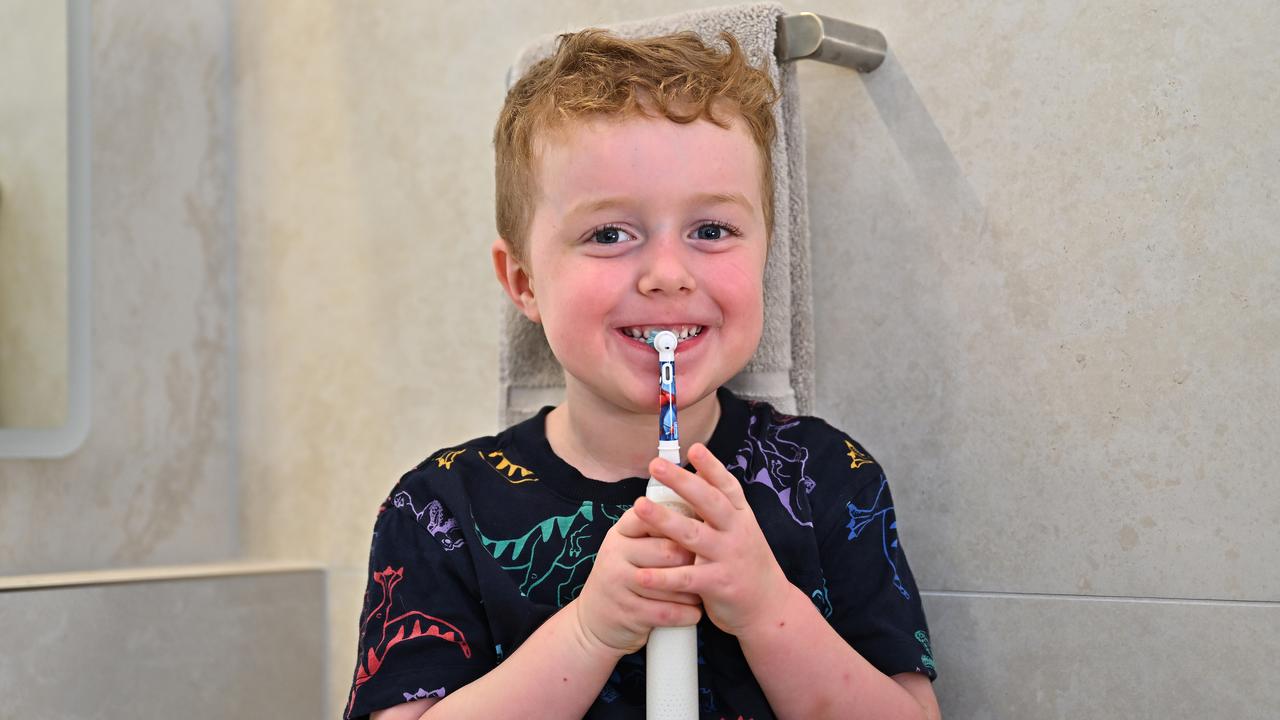
QLD News
Don't miss out on the headlines from QLD News. Followed categories will be added to My News.
Alarmed dentists say more children than ever are being anaesthetised to remove rotten teeth – in some cases, every tooth in their mouth – with Queenslanders being hospitalised with preventable dental diseases at a higher rate than the national average.
And children are not going to school due to agonising toothaches and oral infections, experts say, as they beg councils to trust science above conspiracy theorists and put fluoride in water supplies - or for the Queensland government to mandate it again.
Unlike other states, fluoride is not mandated in Queensland, and since it was left to local councils in 2012 just 72 per cent of the population has access to fluoridated water – the lowest coverage in the country and well below the national average of 90 per cent.
Today, The Courier-Mail and its sister publications across Queensland launch the State of Decay series, highlighting the significant dental health problems in regions without fluoride, as a vocal minority continues to lobby councils to keep the vital mineral out of the water.
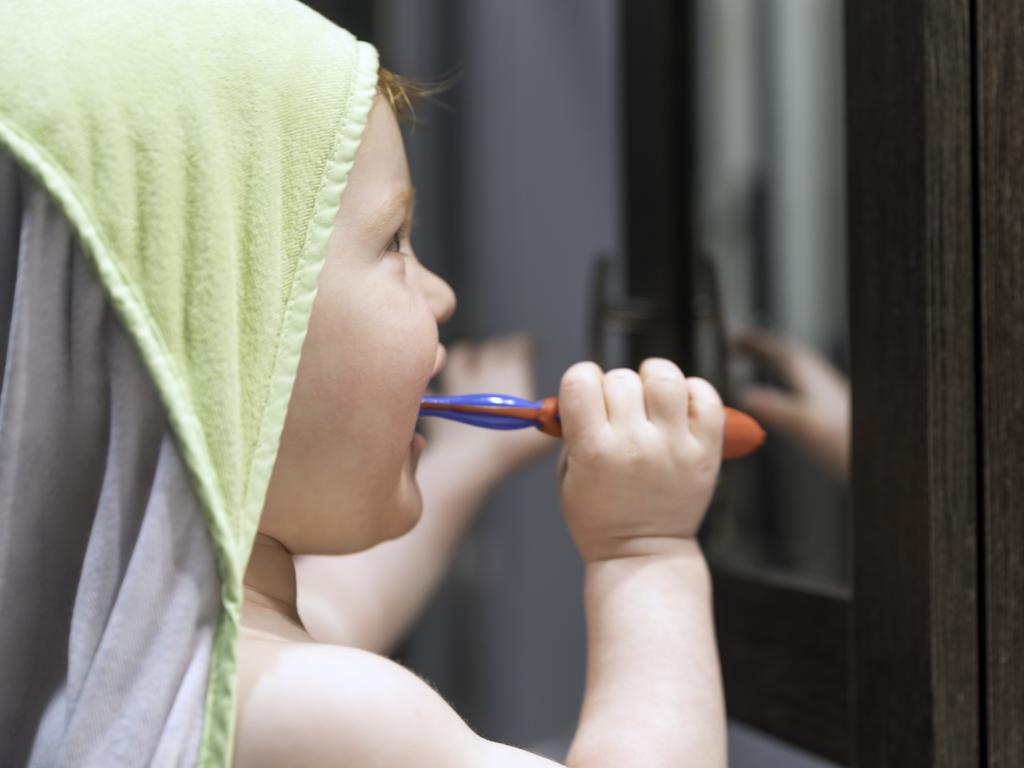
Australian Medical Association Queensland president Dr Nick Yim said it was becoming a public health and social issue, creating a state of haves and have-nots when it came to dental health, with 51 Queensland councils out of 77 opting out of water fluoridation.
“Doctors have reported children are missing school because they can’t get vital dental treatment,” he said.
“Water fluoridation can drastically reduce the number of hospitalisations for issues relating to dental decay, gum disease, tooth loss and oral cancer.”
There were more than 20,000 cases of potentially preventable hospitalisations due to dental conditions in 2022-23.
That put the rate of preventable dental-related hospitalisations per 1000 people at 3.9, meaning Queensland is above the national average of 3.4 and the second-worst jurisdiction in the nation behind South Australia, where the rate is 4.4.
Mandatory water fluoridation was introduced in Queensland in 2008 by the then-Labor government, only for the LNP government to reverse the decision in 2012.
Subsequently, a slew of councils moved to take it out of their water – including Gladstone, Mackay and Cairns, with Gympie the most recent region to scrap it after a vote in September following intense lobbying from anti-fluoride groups.
Council motions to put fluoride back in the water in Cairns and Gladstone were also voted down last year, while Noosa is holding talks with groups for and against it.
South East Queensland councils all have fluoridated water through SEQwater.
Fluoride was removed from the water in Mackay in 2016, with local dentist Dr Carly Featherstone saying she had performed full mouth clearances – a process which removes every tooth – on at least four children in the past year.
“Water fluoridation is such an easy thing to do,” she said.
“You’re constantly drinking the water, so you don’t think about it, whereas brushing kids teeth is a lot more difficult.”
Queensland Health reports that 50 per cent of Queensland children aged five to 10 have dental decay in their baby teeth, compared to the national rate of 42 per cent, while 37 per cent of adults have moderate to severe gum disease, compared to 30 per cent nationally.
Loc Do, director of research at the School of Dentistry at The University of Queensland, also said the cases of children being anaesthetised to remove rotten teeth were on the rise.
“Rotten teeth is most common reason children are going under anaesthetic in hospital, and to get to that stage the children would be suffering with serious pain,” he said.
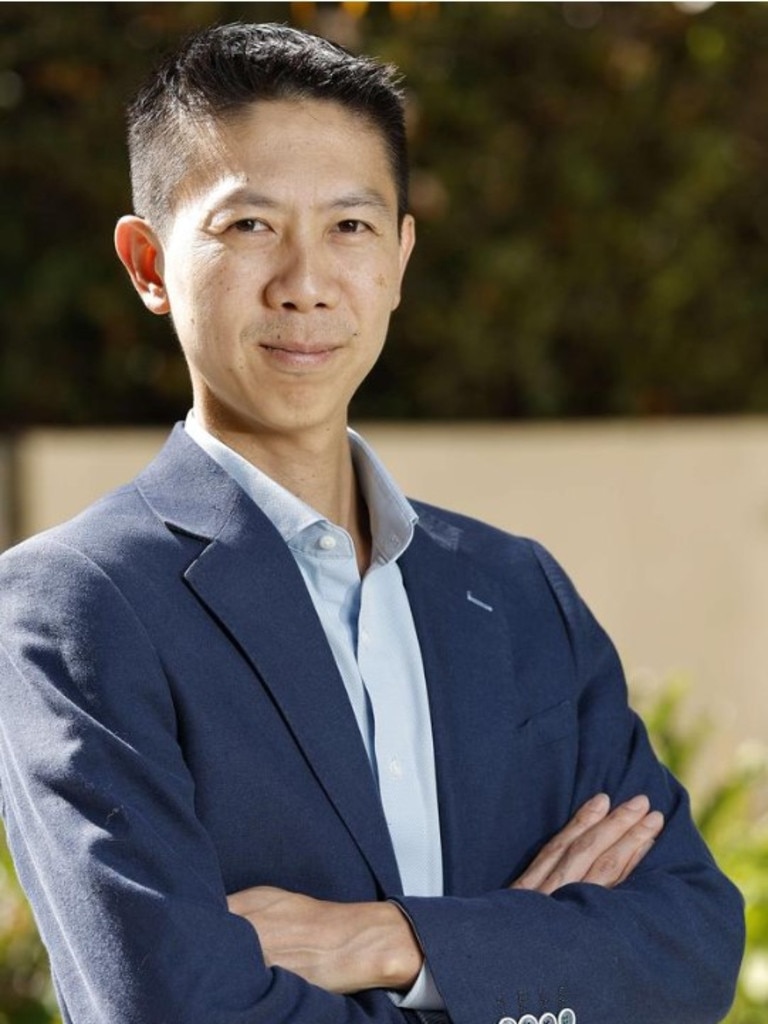
Professor Do said his investigations had also revealed more than one quarter of children had never visited a dentist at any time before they started school. Dr Yim said the AMA continued to call on the state government to reintroduce mandatory fluoridation across the state and to assist councils with the costs of fluoridating their water.
“Consistent and reliable evidence has proven that community water fluoridation can help reduce tooth decay by up to 44 per cent in children and 27 per cent in adults,’’ he said.
“This is another case of regional inequity. The 11 council regions in South East Queensland have fluoridated water through SEQwater, but regional and remote council areas have stopped fluoridation, mostly as a cost measure.
“It’s disappointing to continue to see a healthcare divide between the city and regional areas.
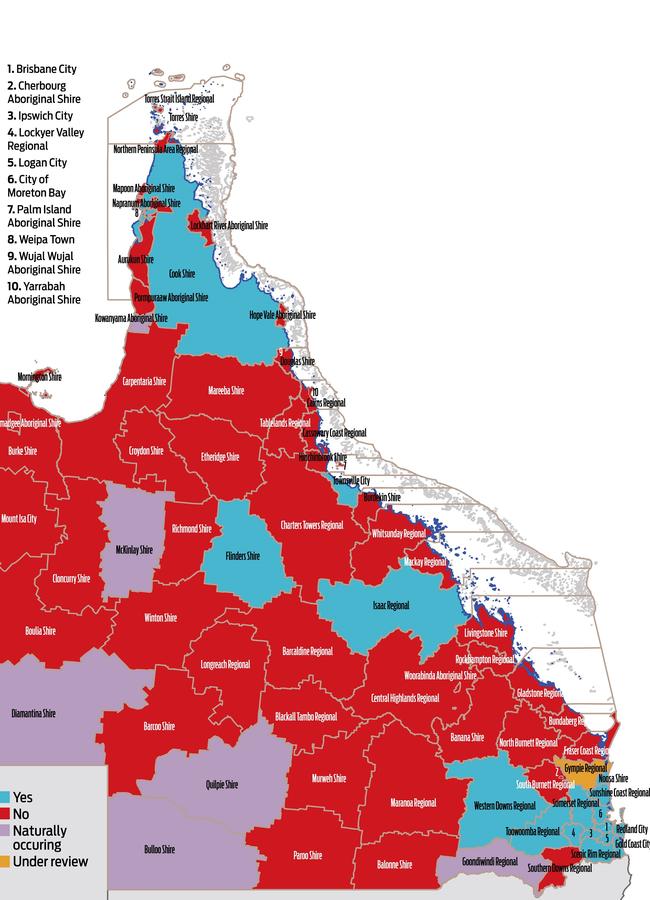
It’s important for elected leaders to make decisions based on scientific evidence and from medical and dental experts.”
The Australian Dental Association Queensland’s deputy chairman, Paul Dever, said that community fluoridation was a public health matter.
“Increasingly, scientific evidence is confirming strong links between oral health and overall general health,” he said.
“Over the past 70 years, water fluoridation has proven to be the most effective, cheapest and safest way of delivering the benefits of fluoride to the community, particularly to those with the greatest dental needs – elderly and infirm people, children and residents of low socio-economic areas.
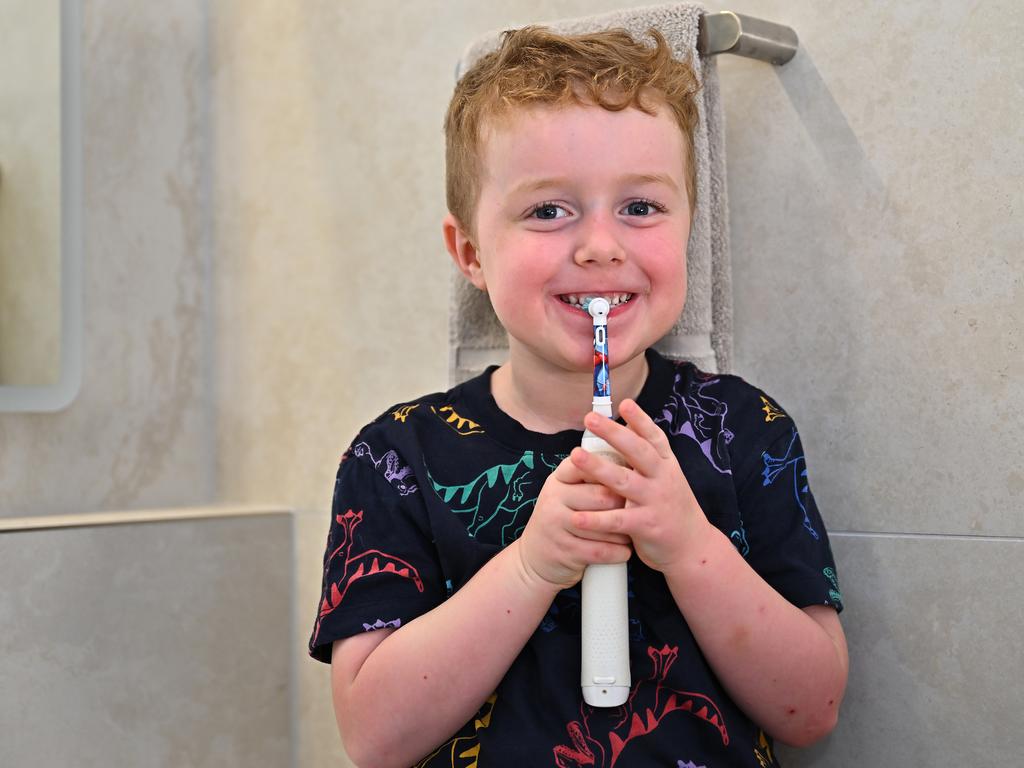
“Community fluoridation is a public health matter. It follows that public oral health decisions belong to the state government – not to local councillors with limited health knowledge.
“Every Queenslander should be able to access optimally fluoridated drinking water, regardless of where they live. Better dental health should not be a residential lottery.”
Maryborough GP Paul Cotton has long campaigned for the addition of fluoride to the Fraser Coast’s water supply.
He said communities were becoming more exposed to dental disease due to sugary drinks and fast food.
“The great shame is there is a solution and the solution is called fluoride,” Dr Cotton said.
He said with dental services costing more than ever, fluoride was one way to combat the damage done to teeth and the affordability issue.
“Fluoridation of water has shown it reduces dental disease very markedly,” he said.
“It’s very cost-effective and it’s not dangerous.”
Mackay dentist Dr Peter Loveday said research showed that adding “as little one part per millionth” fluoride to the water supply reduced dental decay in children.
However, he said it was “not 100 per cent the answer”, with a healthy diet also important.
In December, Queensland Health launched its first-ever plan to address the growing oral health crisis.
Chief dental officer Ben Stute said the new statewide Oral Health Services Plan would target schools with more screening of students and early intervention.
Originally published as State of Decay: Qld children face dental health issues amid calls for change



